China the new rich man’s playground
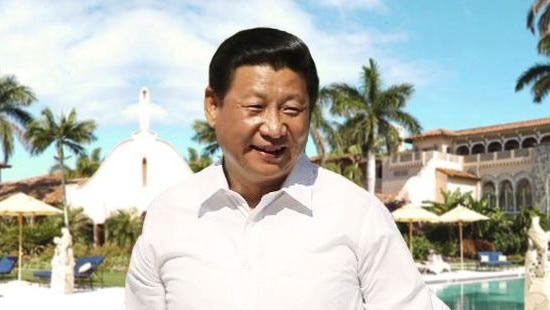
Now the love-in is over. Piketty’s follow-up book, Capital and Ideology, extends the thesis about widening social inequality to other countries, going beyond the economic history of France, Britain and the United States. The new volume includes China, which is apparently almost as bad as the US. Xi’s censors say they want to cut ten pages of the Chinese chapter from the Mandarin translation, otherwise it won’t see the light of day. Piketty, to his credit, has refused.
Capital and Ideology will thus be placed on the blacklist alongside the likes of Edward Snowden’s autobiography, assorted Chinese dissidents (anyone writing about Taiwan, Tibet or Tiananmen Square has to reckon without mainland publication), Dr Seuss’s Green Eggs and Ham and all public reference to Winnie-the-Pooh (for fear that Chinese readers will make a misleading comparison between Xi’s gait and the bear’s waddle).
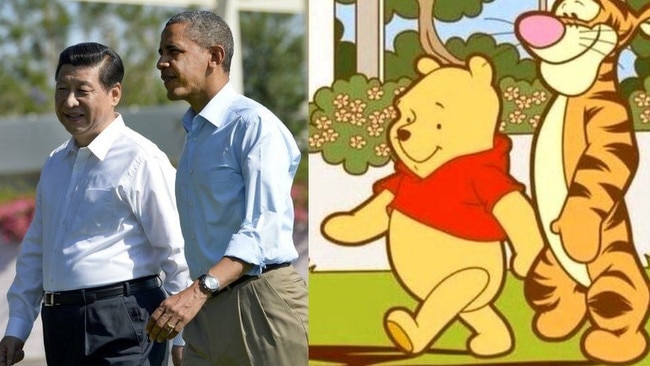
The intervention of the censor is down to more than paranoia. Piketty has stumbled onto a simple truth: China, and its 92 million Communist Party members, pretends it is still a socialist society with “Chinese characteristics”. Its biggest claim to some kind of legitimacy is that it has lifted the country out of poverty and illiteracy. When the data shows that this is not the whole truth, the regime refuses to publish it. Different western sources indicate that there are 819 dollar billionaires in the country; others suggest 285 billionaires and 3,480,000 millionaires. Either way, China appears to be second only to the US in terms of its rich class.
Xi, in spite of an annual income of barely $22,000, is said to have a personal fortune in the region of $1.5 billion. There was no problem funding his daughter through Harvard, though she had to enrol under a pseudonym. Foreign correspondents who have dug into the roots of Xi’s family wealth are quickly made unwelcome by the regime. Because Xi, in his ambitions, is no different from the rest of the monied in China. There is nothing Marxist about him or his cohort; their children, not the children of the poor, will inherit the Earth.
The Gini index of social inequality places China as the 31st worst in the world, about the same level as the Dominican Republic and Cameroon. The promise of Xi and the premise of much western policy towards China was that a hefty property-owning middle class would ride the coat-tails of the rich and super-rich. The middle class would in turn demand better governance, fairer courts and improved environmental standards. It would be less concerned with nationalist posturing abroad.
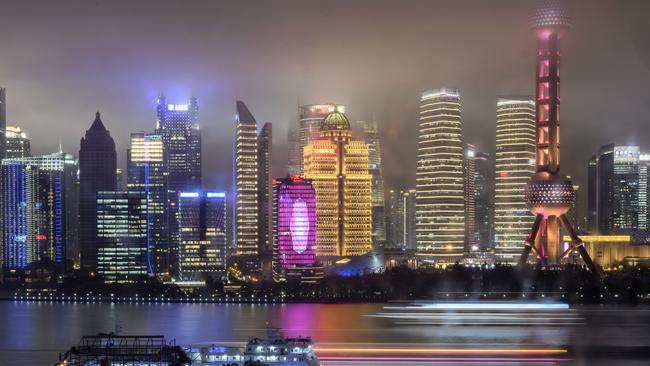
There was indeed some embourgeoisement. But for the most part there has been an accumulation of wealth at the very top and slowing social mobility. Piketty uses tax data and accounting statistics to show that in the late 1970s 10 per cent of the population held 27 per cent of China’s wealth. By the early 1990s the super-rich had between 40 and 50 per cent of national wealth. Now they hold an even larger chunk.
The core problem has been the decline in migration to the cities from the provinces. Their urban jobs are disappearing because of automation. The typical rags-to-riches story arc of a rural migrant had him starting out as a motorbike delivery man, rising and then accumulating enough money to return home and set up a business of his own – while in the city his children would get access to good quality schools and affordable healthcare. This hasn’t been happening. COVID-19 has reduced physical mobility and this in turn has affected social mobility.
The regime could tweak this if it so wanted. The internal passport system makes it difficult to move and register in cities. The rural Chinese find it difficult to monetise their land. Poverty outside the major conurbations is rising fast. The long tail of the one-child policy means there are many pockets dominated almost entirely by old people, scrabbling for work. Factories report their own problems; labour forces are no longer docile and can be bought off only with higher wages.
For Piketty, the biggest issue seems to be the lack of an inheritance tax, or any redistributive mechanism from the super-rich to the dirt-poor. Xi was probably most upset by the Frenchman’s suggestion that ageing billionaires from the rest of Asia could move to China to allow their children to inherit their fortunes tax-free. China as a rich man’s playground, Monaco with missiles? Nothing could be farther from Mao’s dream. And Xi’s dream of establishing an alternative developmental model to America is also for the birds. Just as Orwell’s pigs rose to power by mimicking hated human farmers, China is turning into its capitalist enemy. Happily, it’s still possible to find a copy of Animal Farm that has escaped the censor’s grasp, so Xi’s subjects can read for themselves what happens next.
The Times

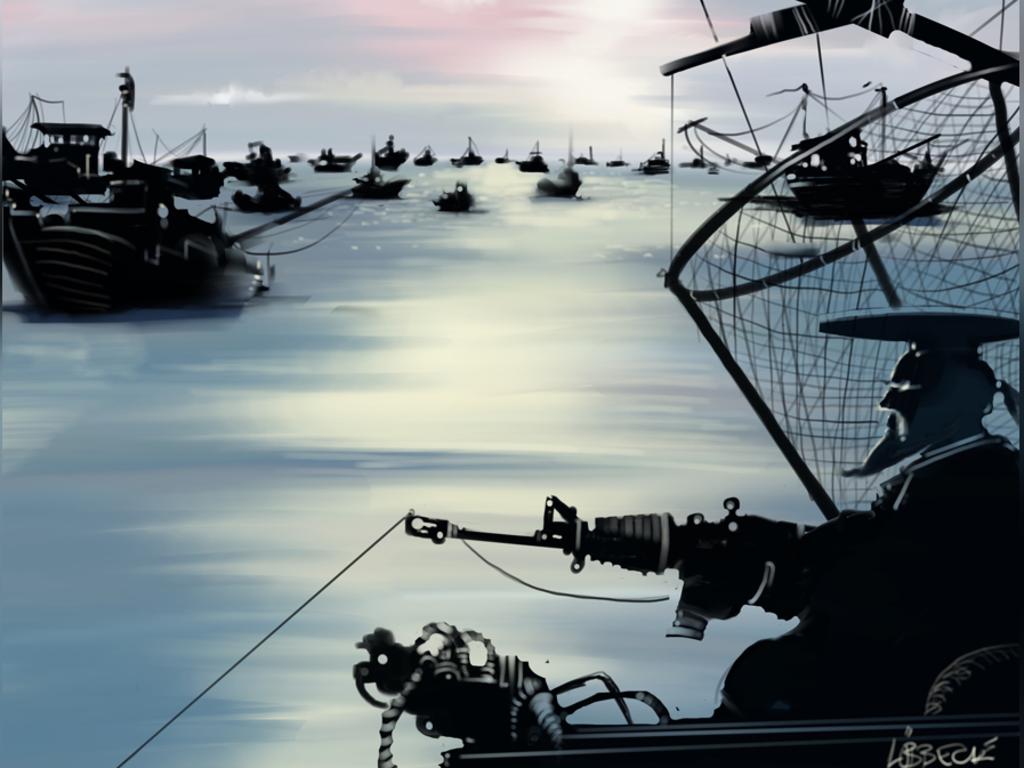
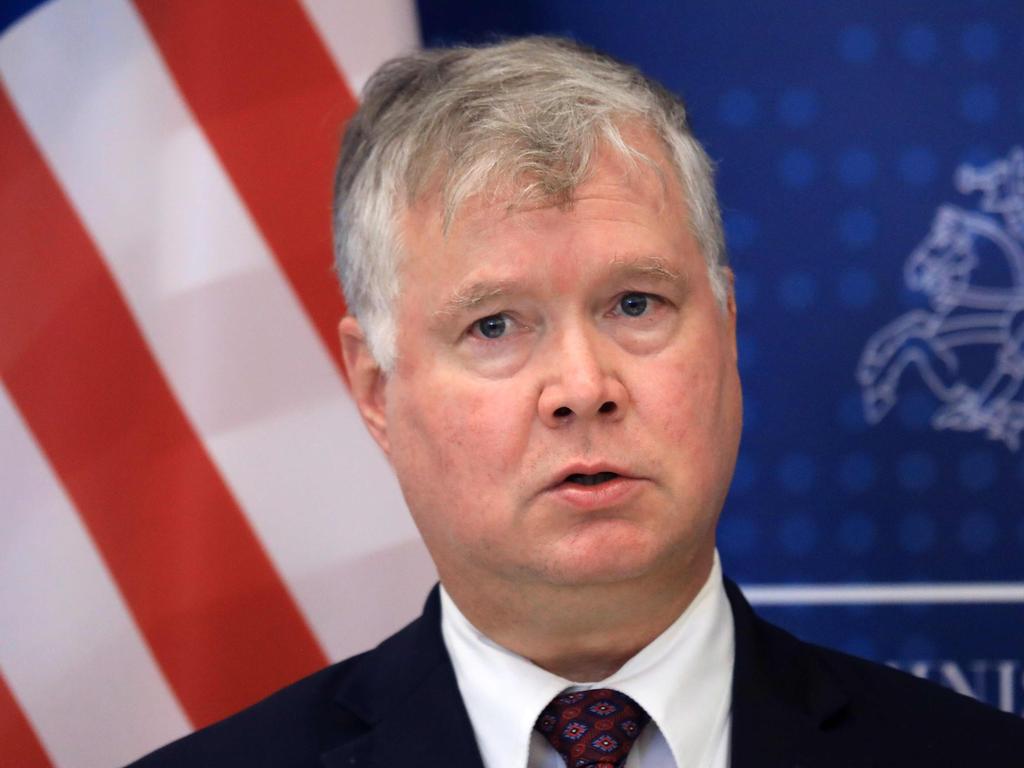
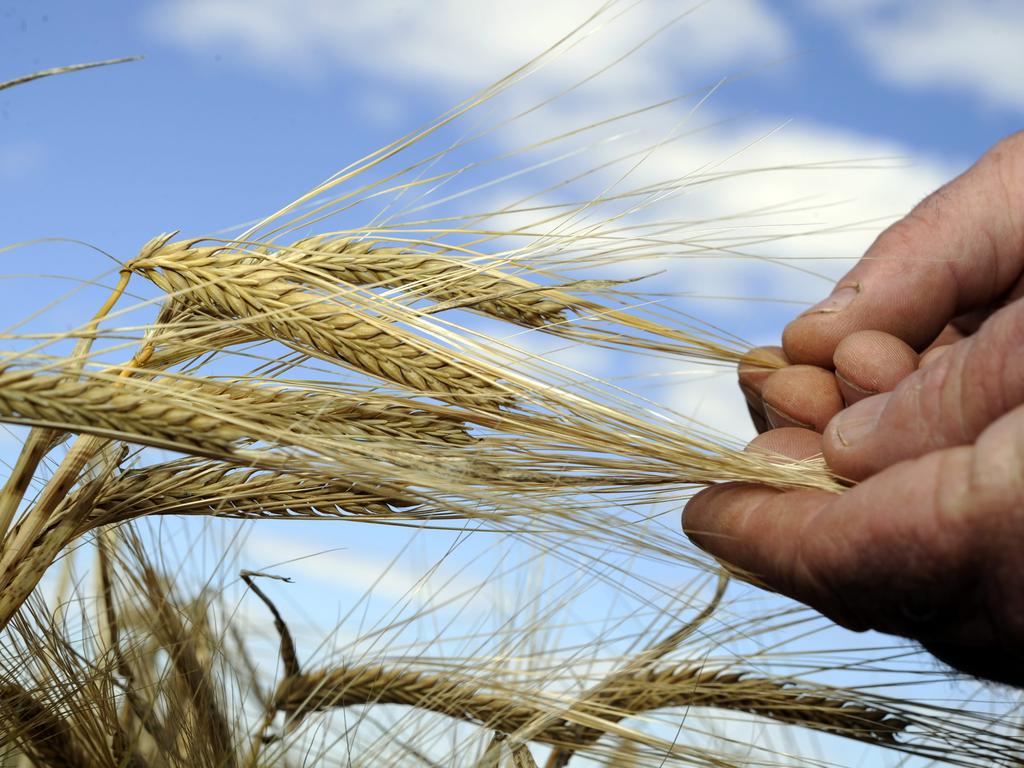
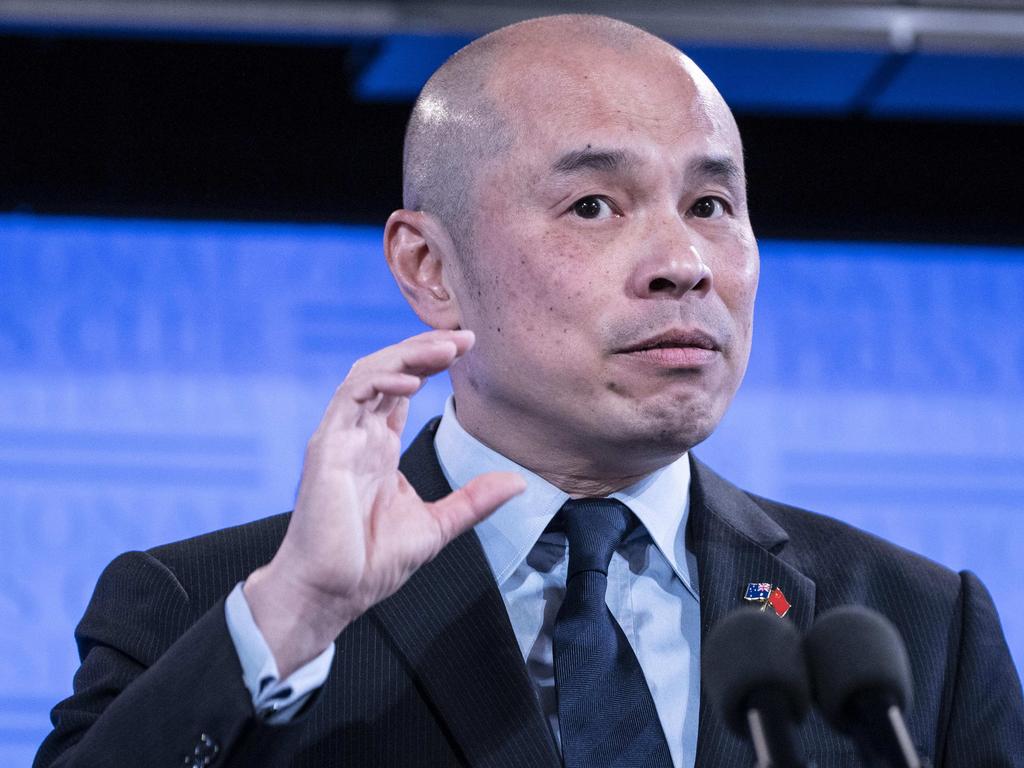


Few people were surprised when a bromance developed between the brainy if ponderous French economist Thomas Piketty and the powerful but plodding leader of China. Piketty produced a 700-page indictment of capitalism and concluded it was a system that made the rich richer and kept the poor in their place. Since the book trashed the American model of wealth creation, Xi Jinping eagerly plugged it. For Xi, the Frenchman’s work showed that Marxist political economics was still relevant. Chinese communists rushed out to buy the translation, if only to place the volume prominently on their shelves, and it became that rarest of creatures, a bestseller on economic theory.